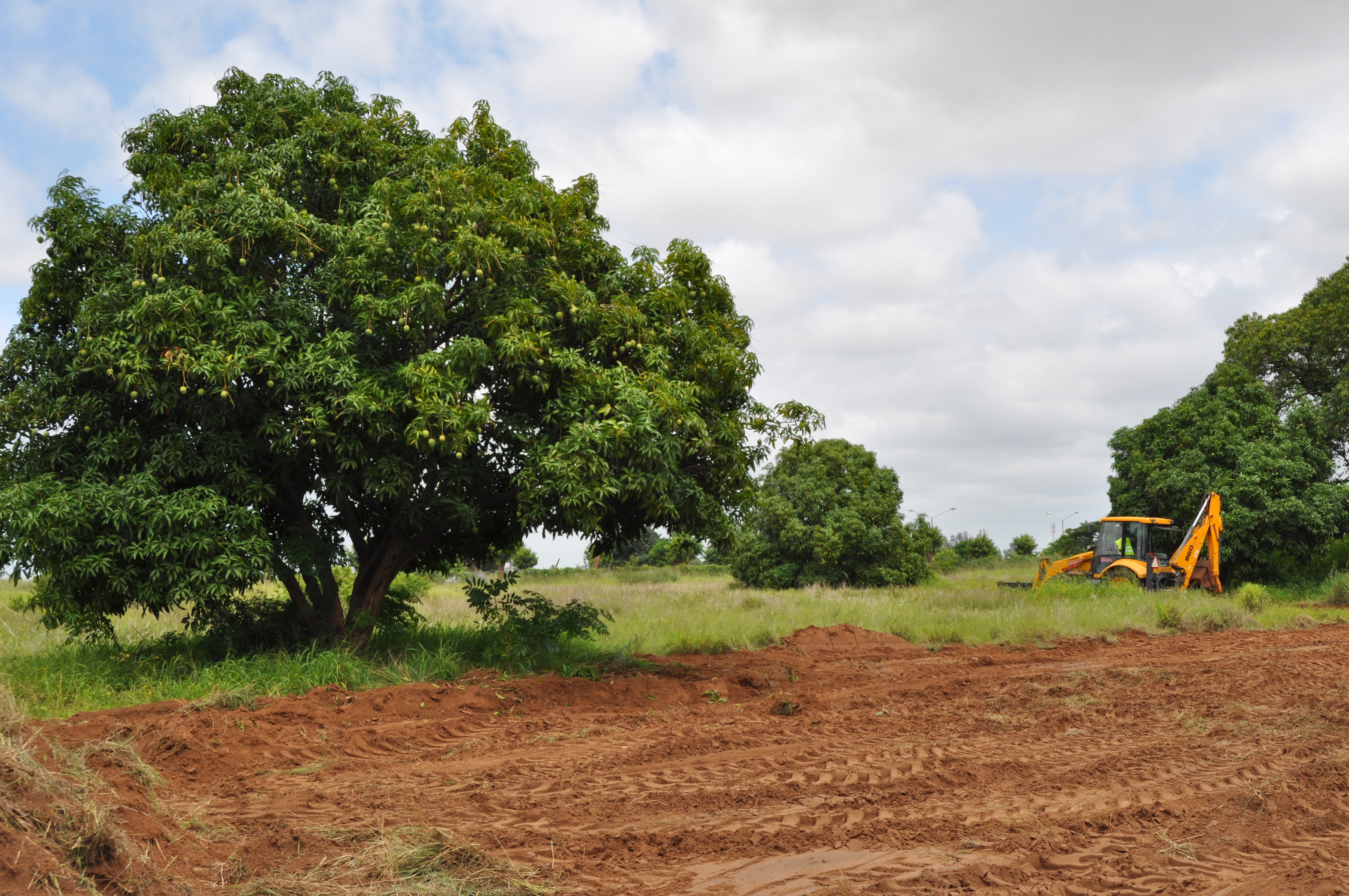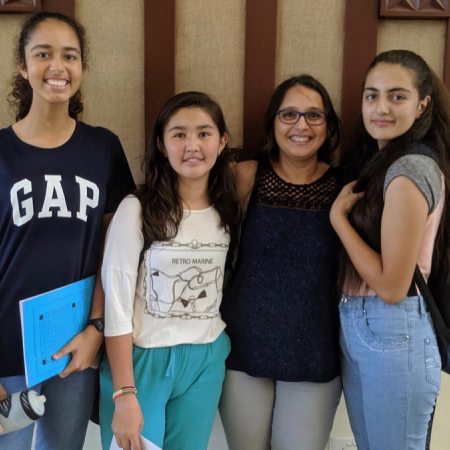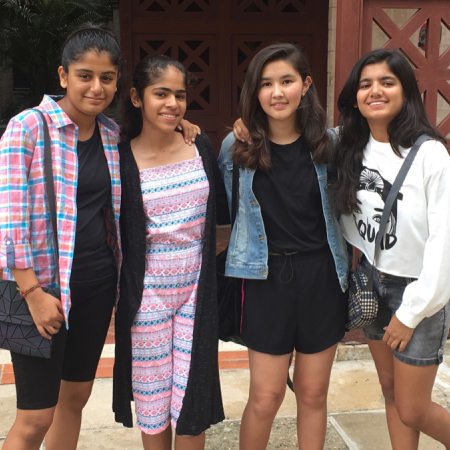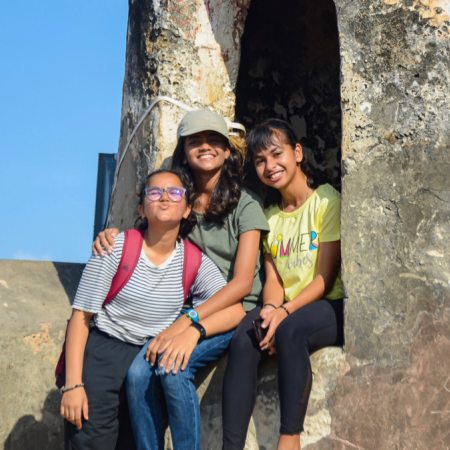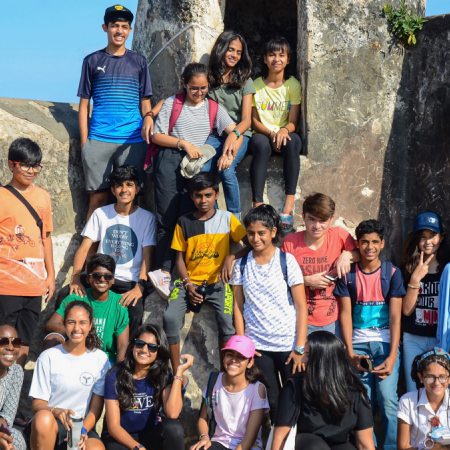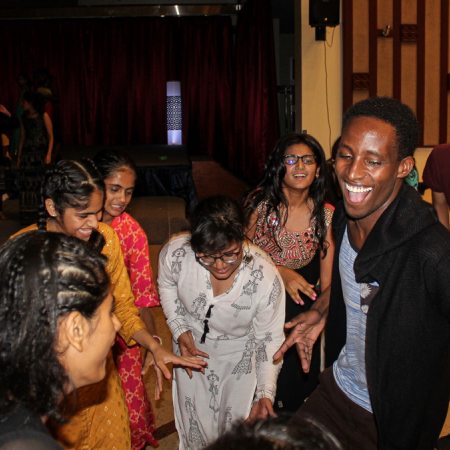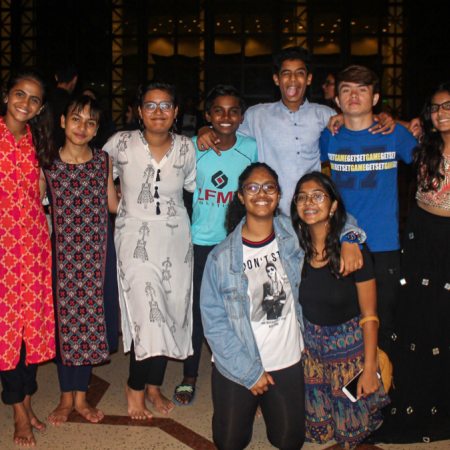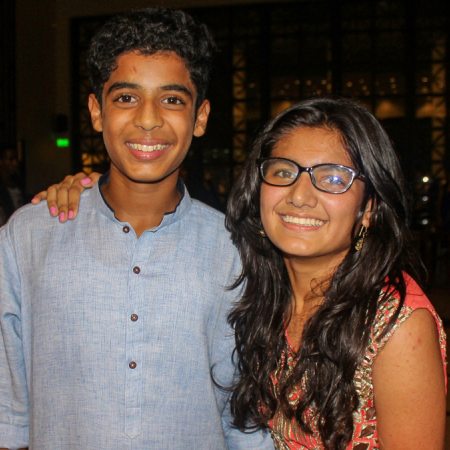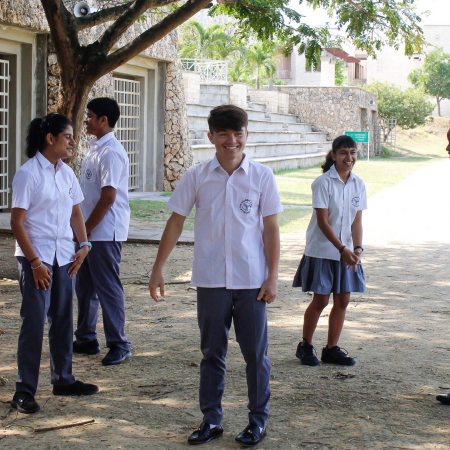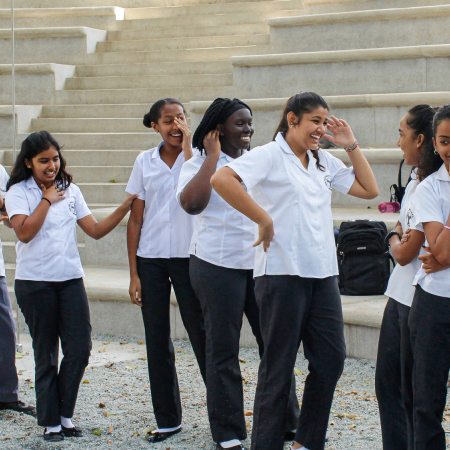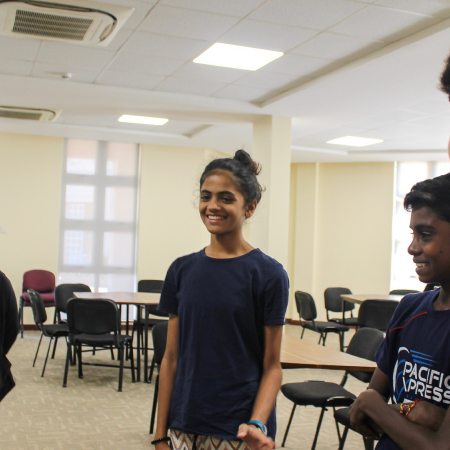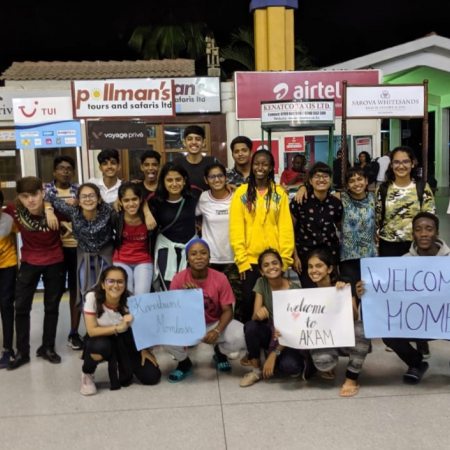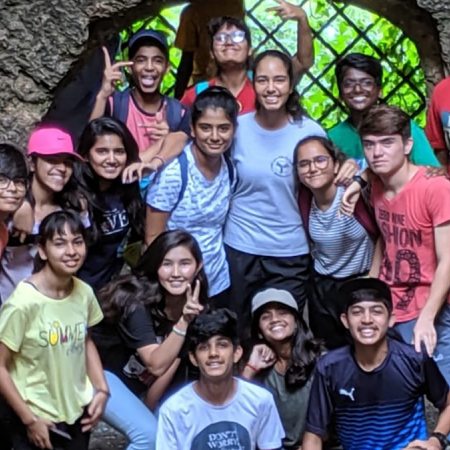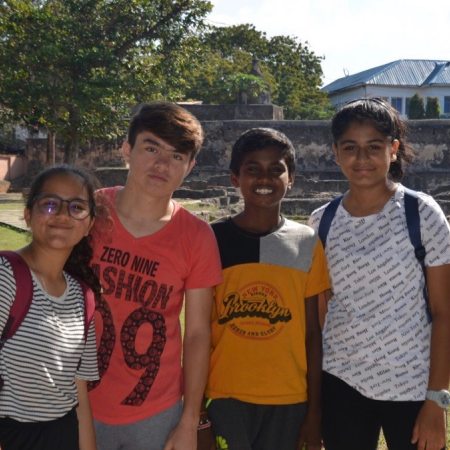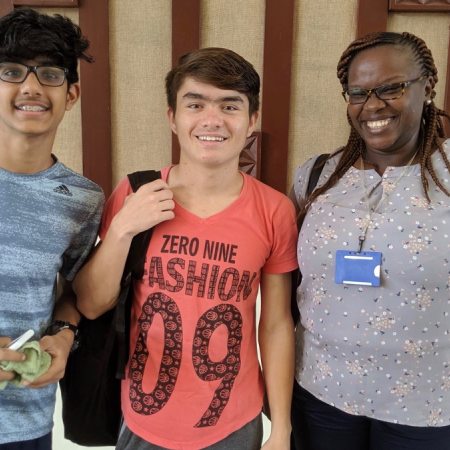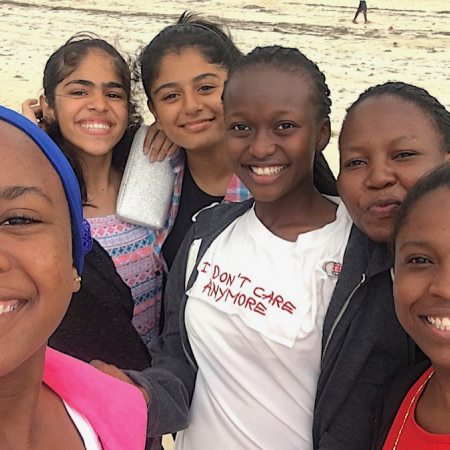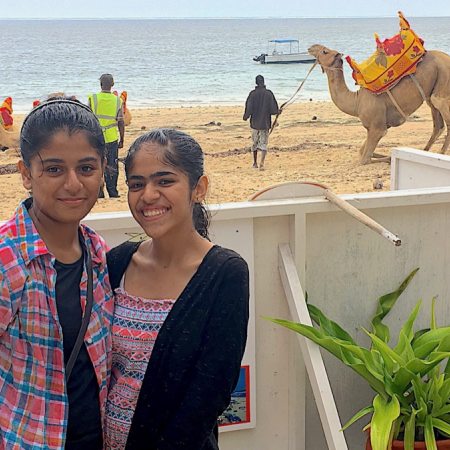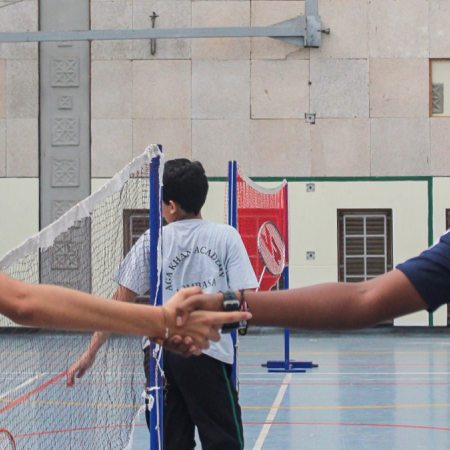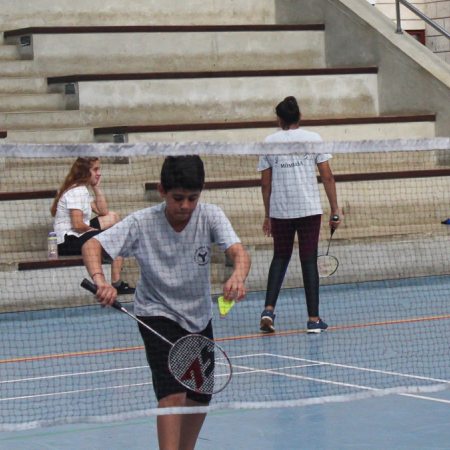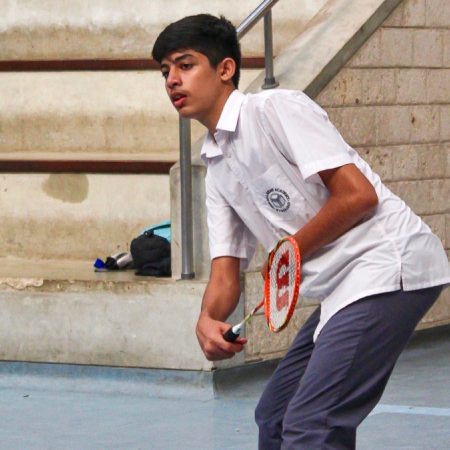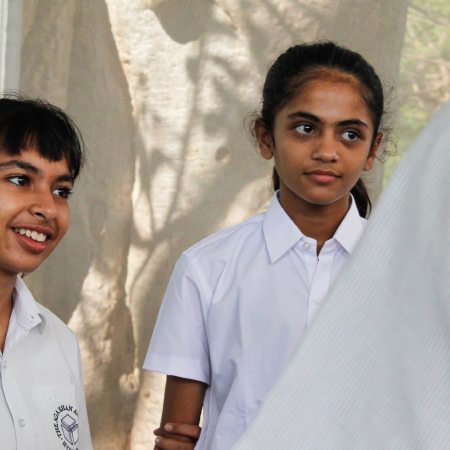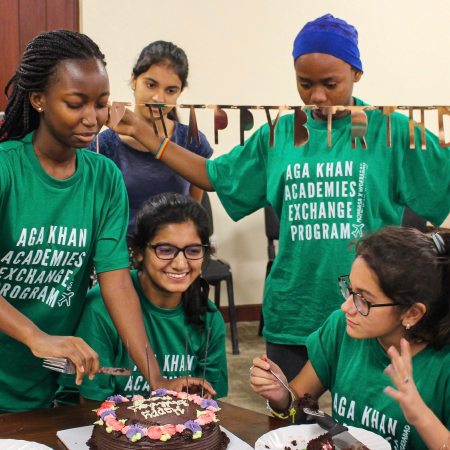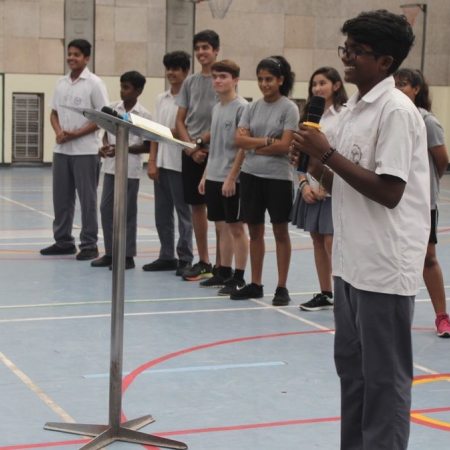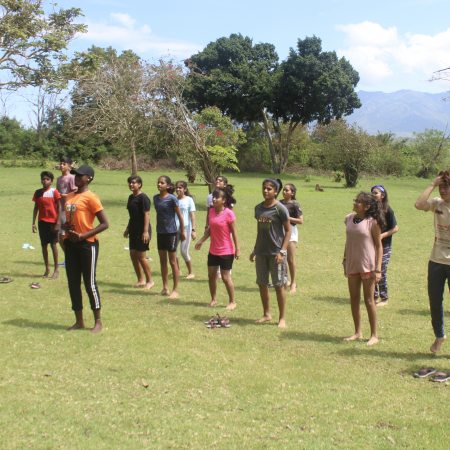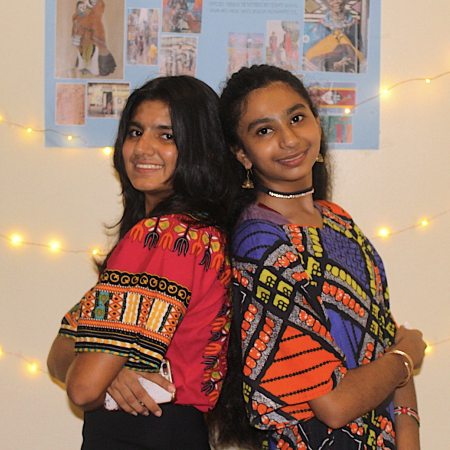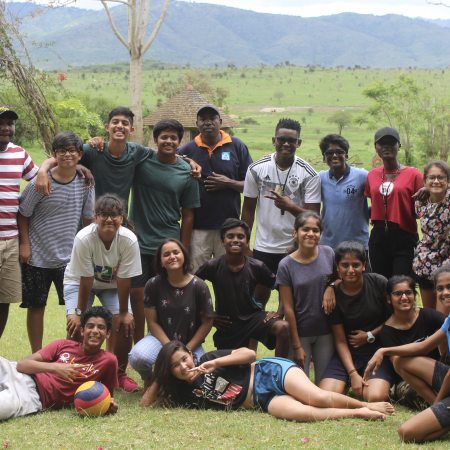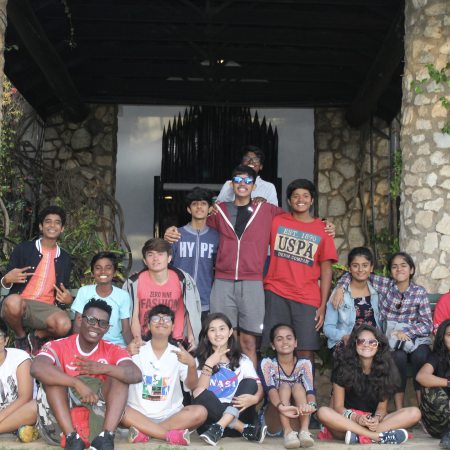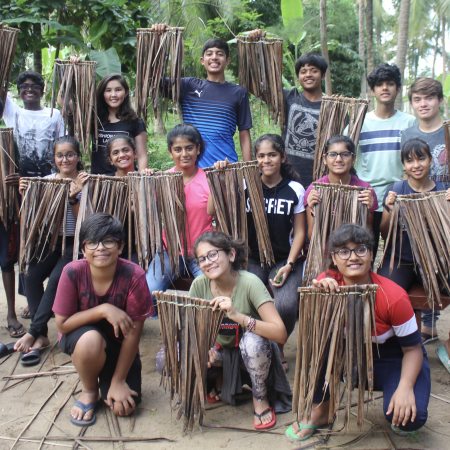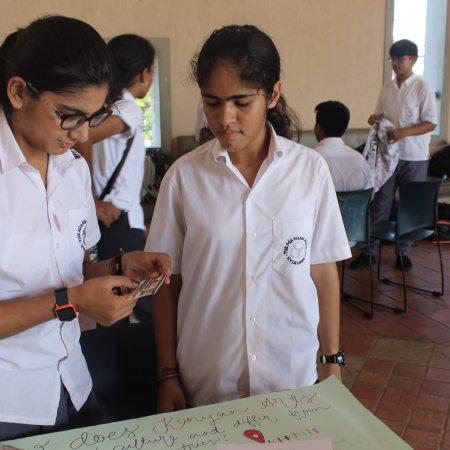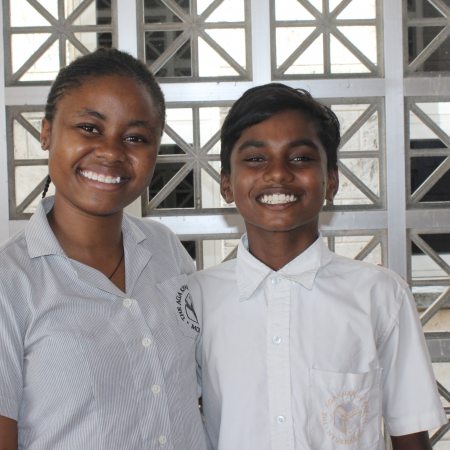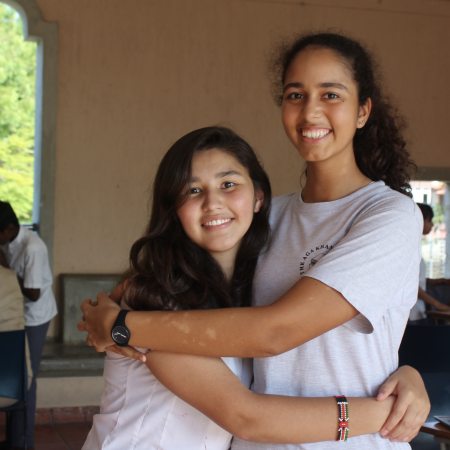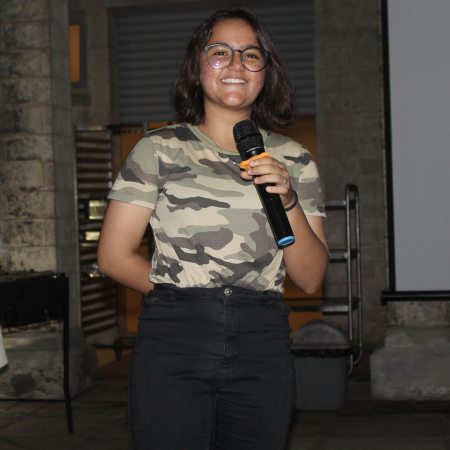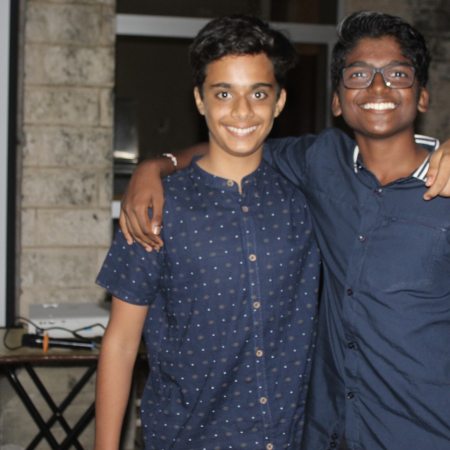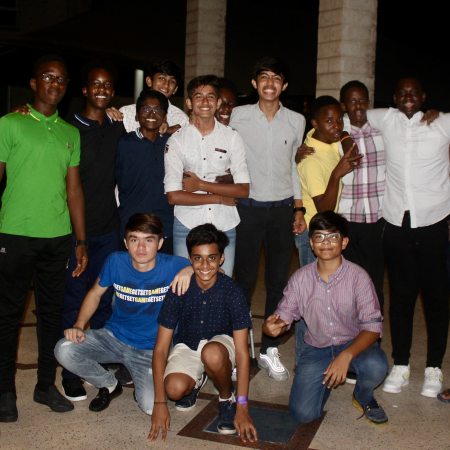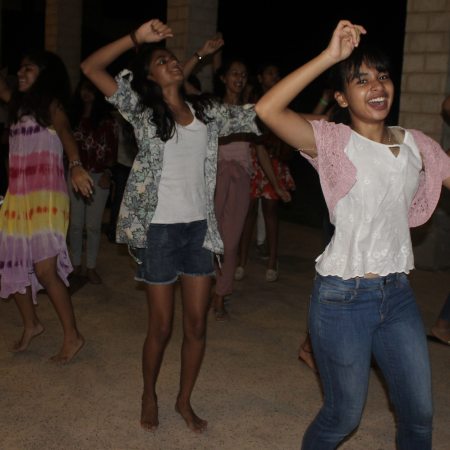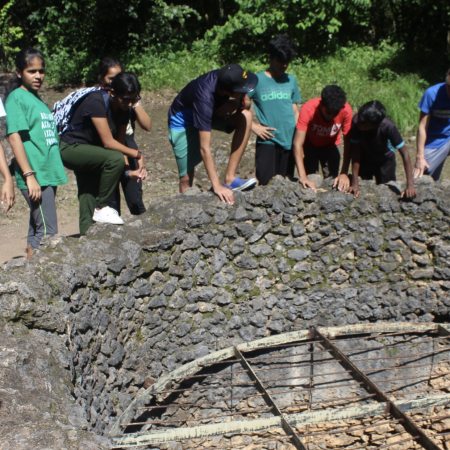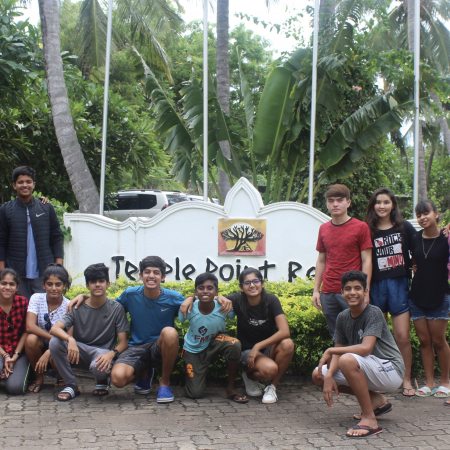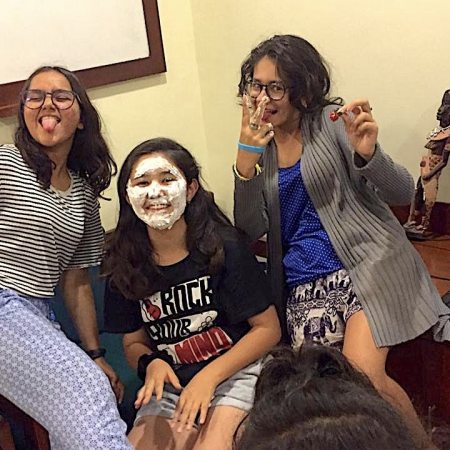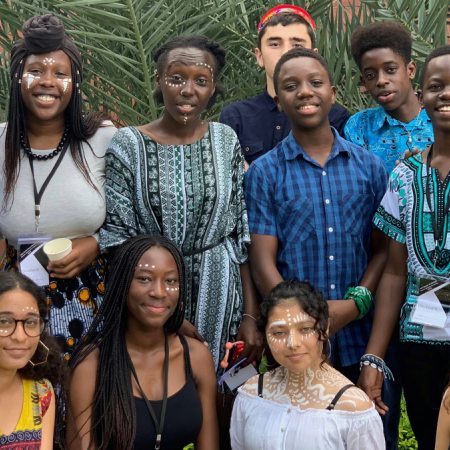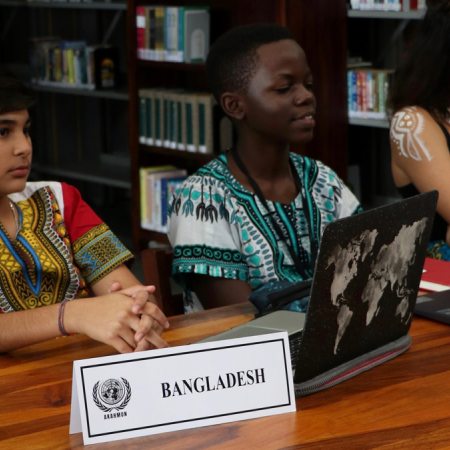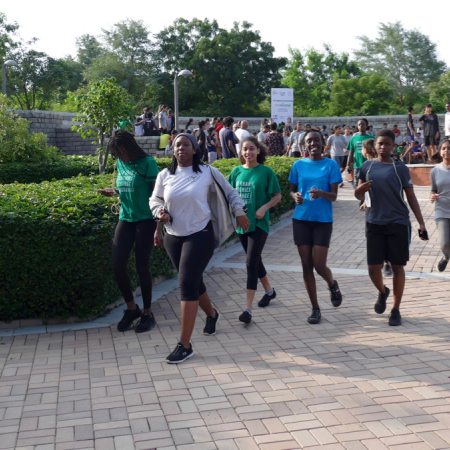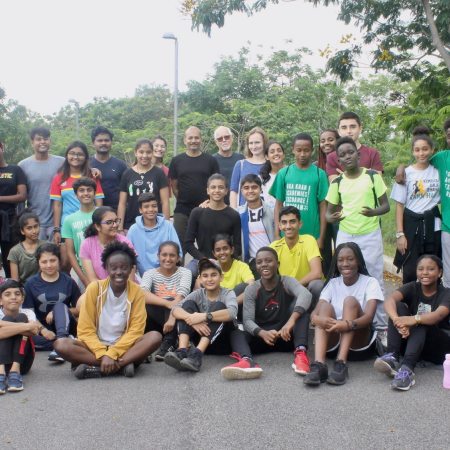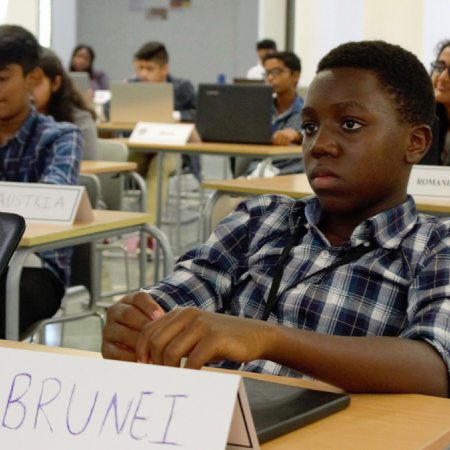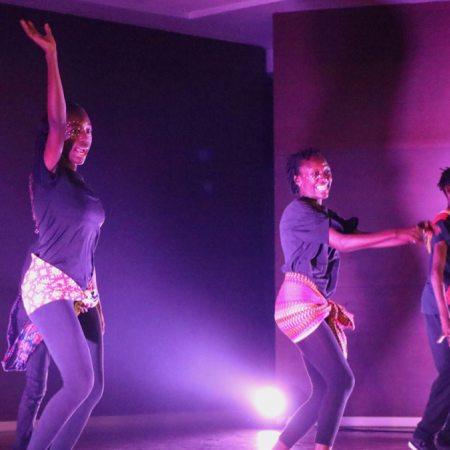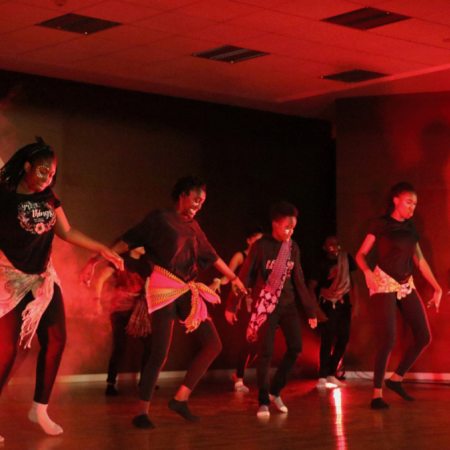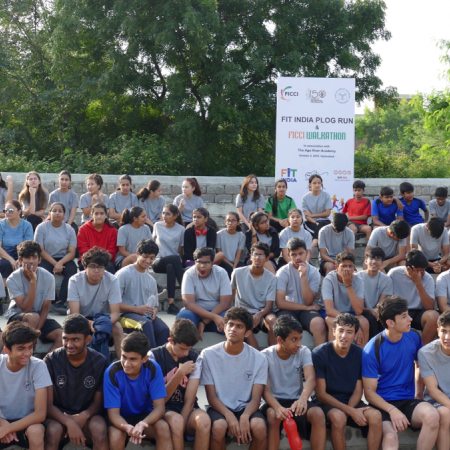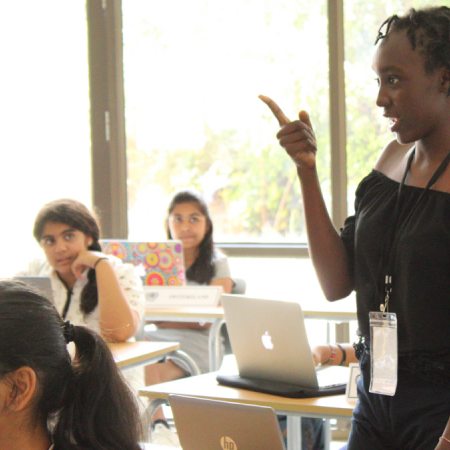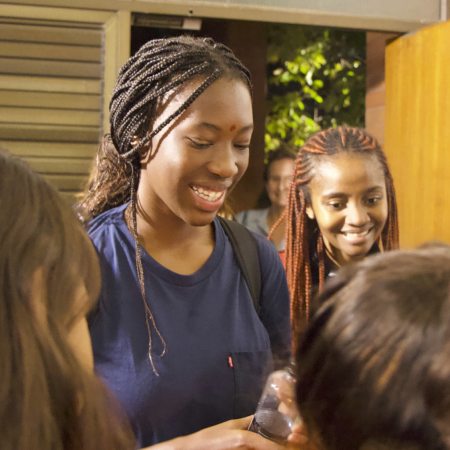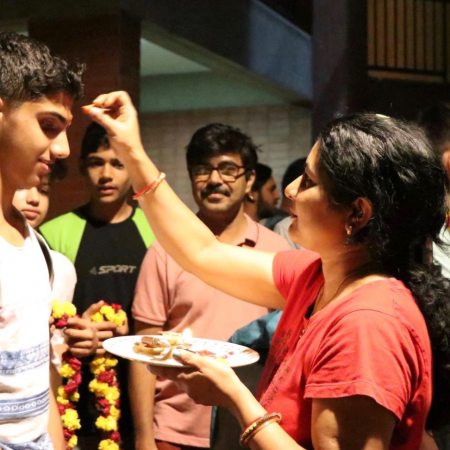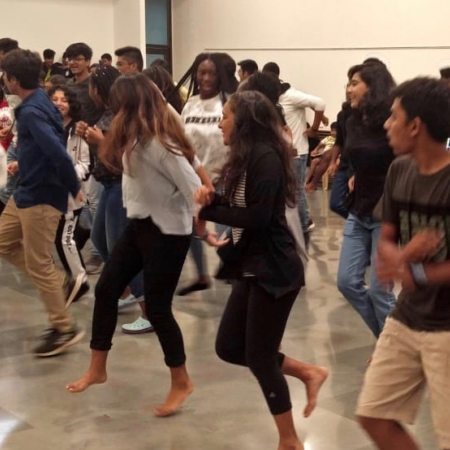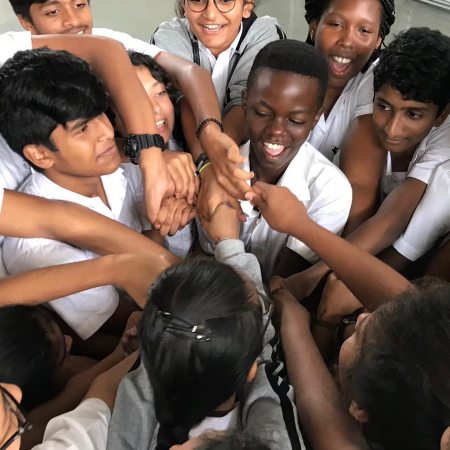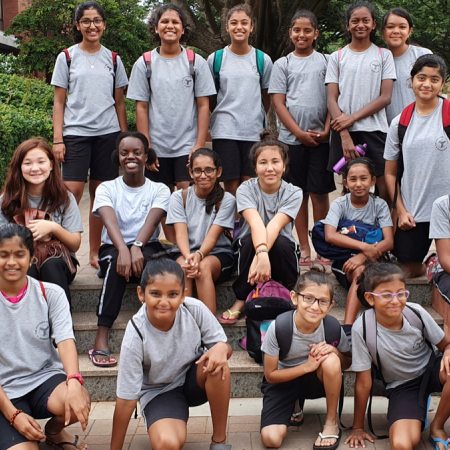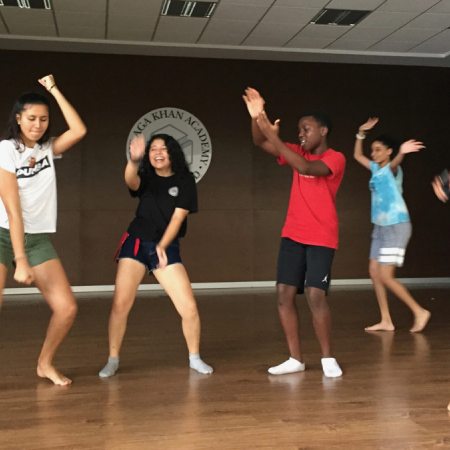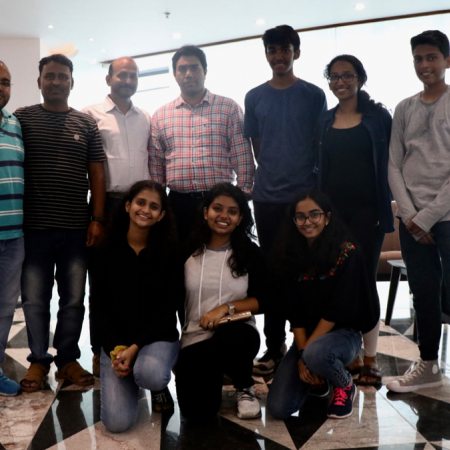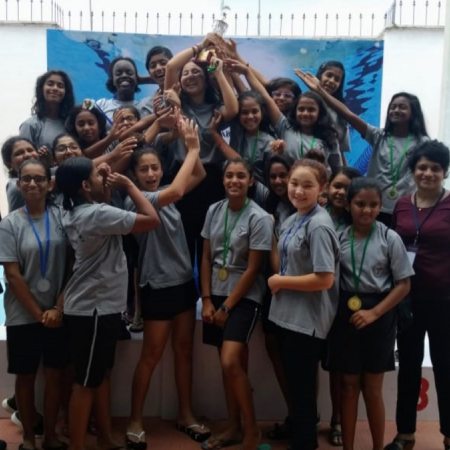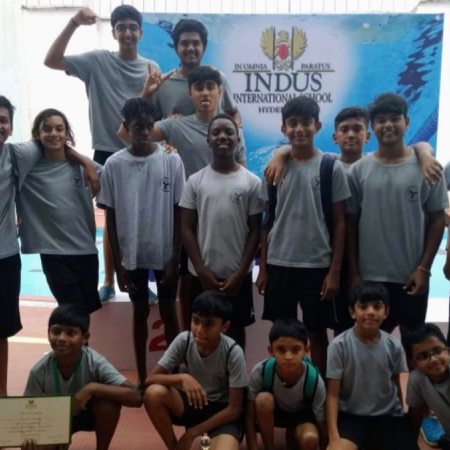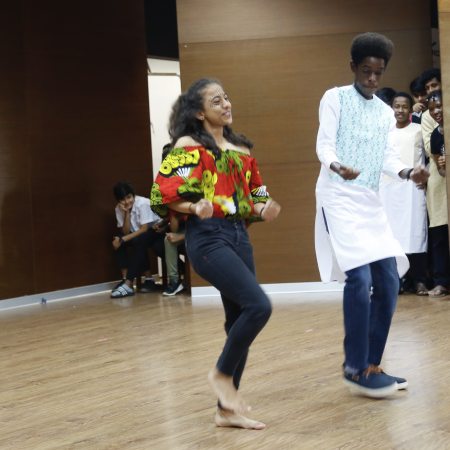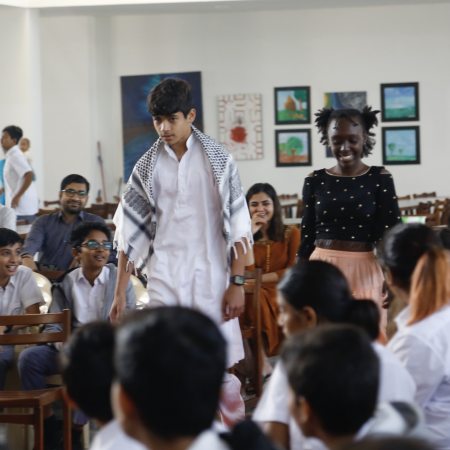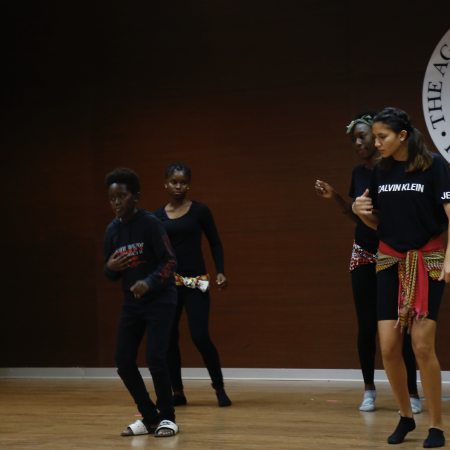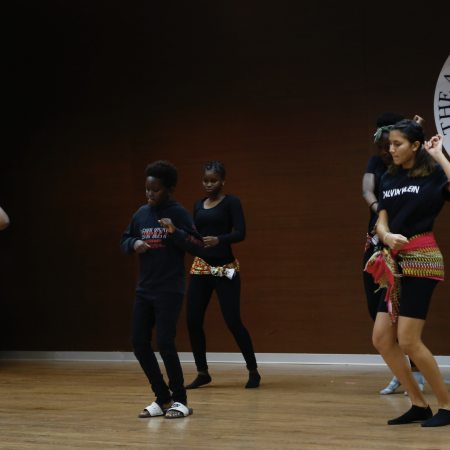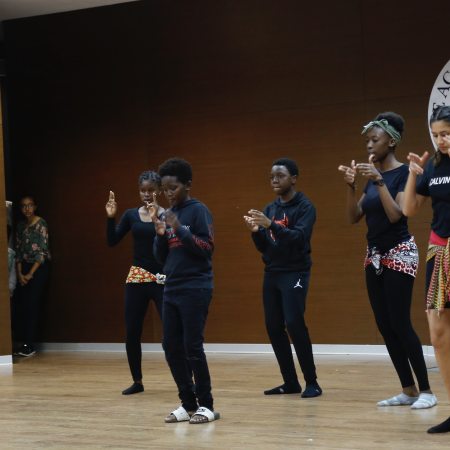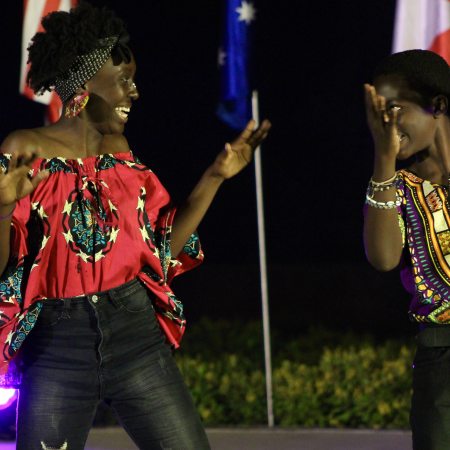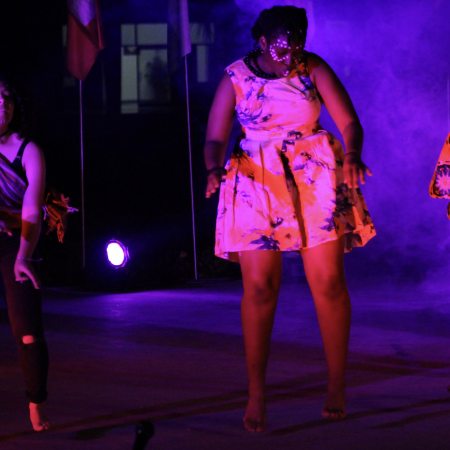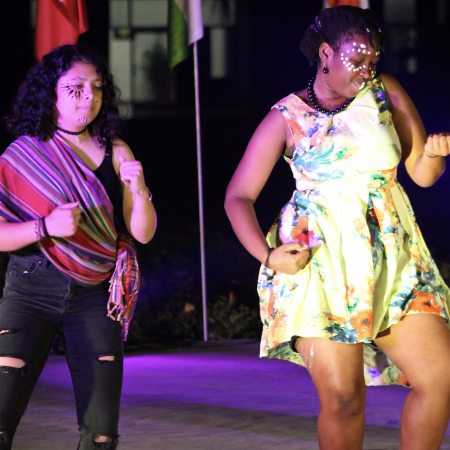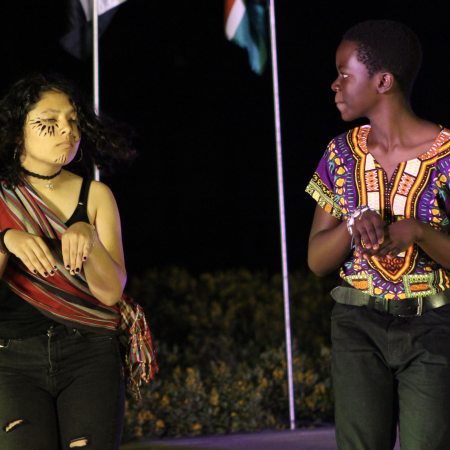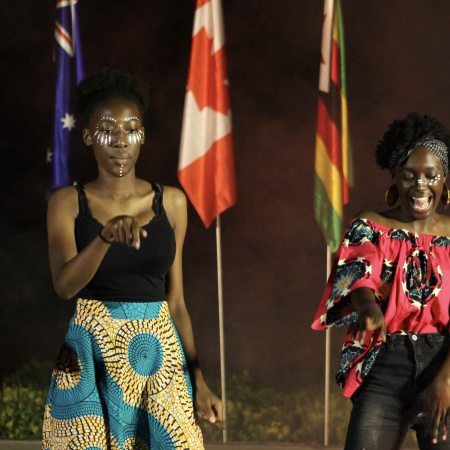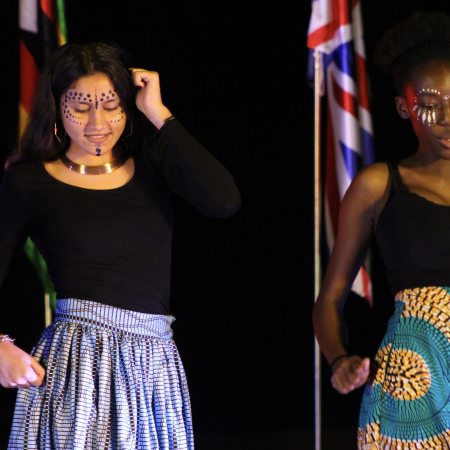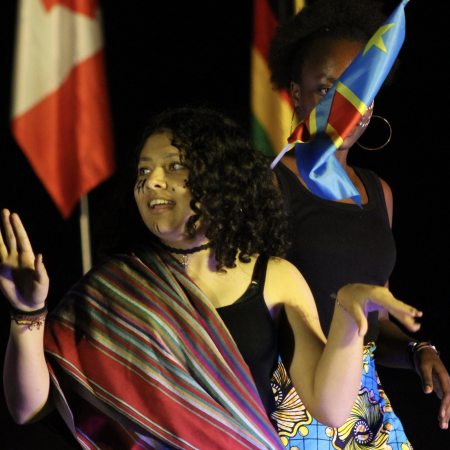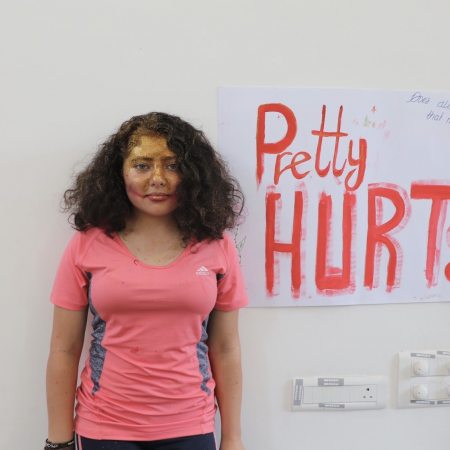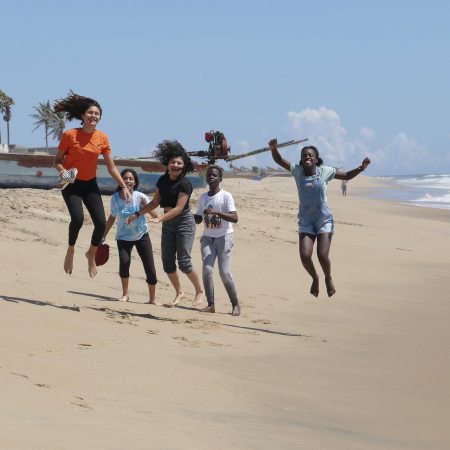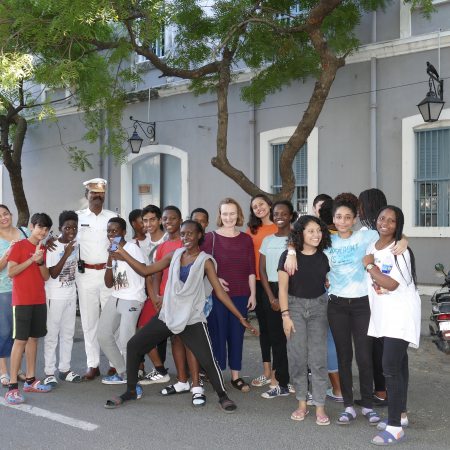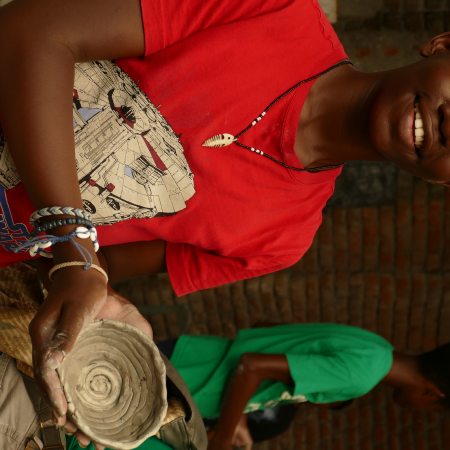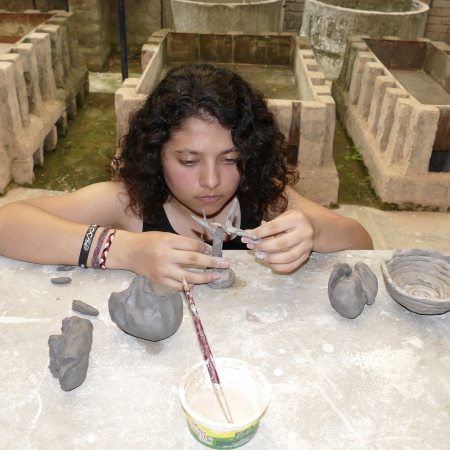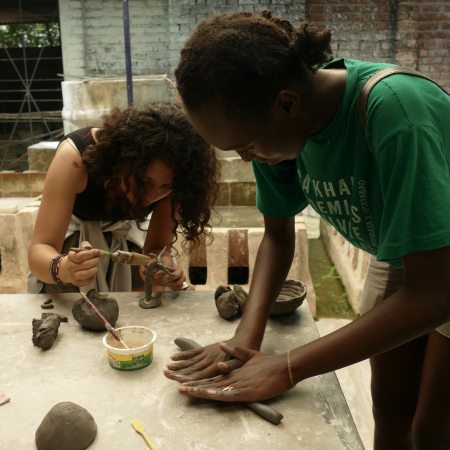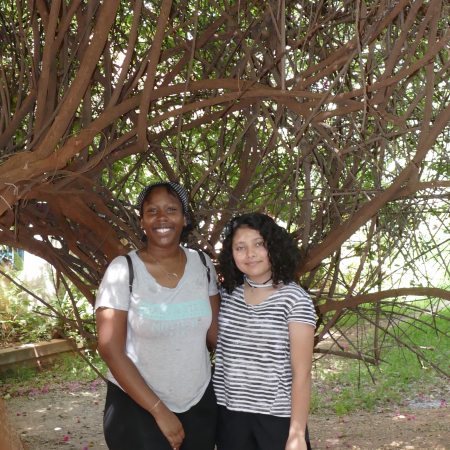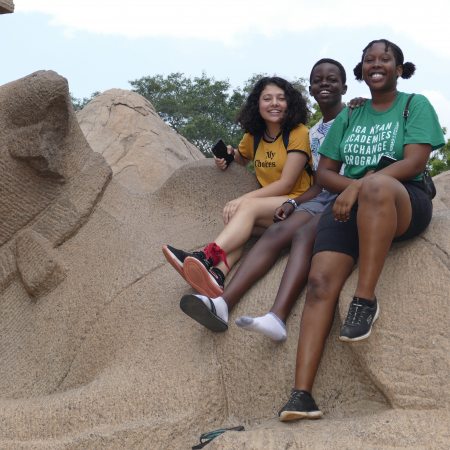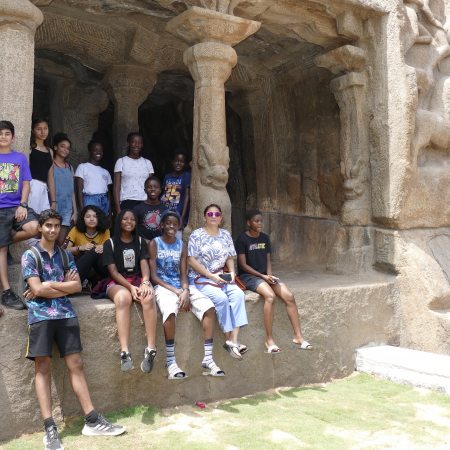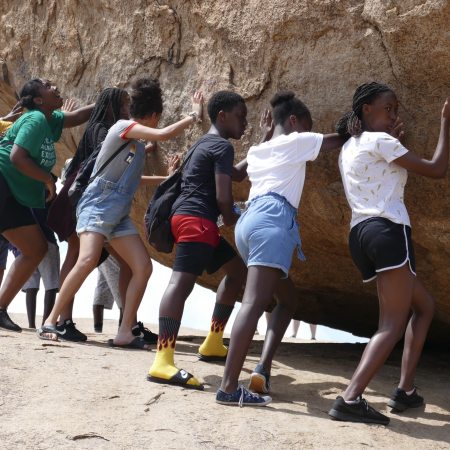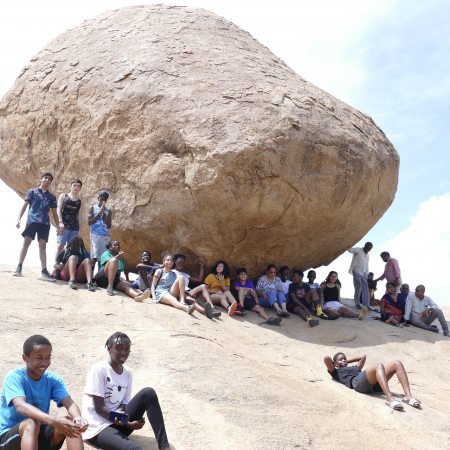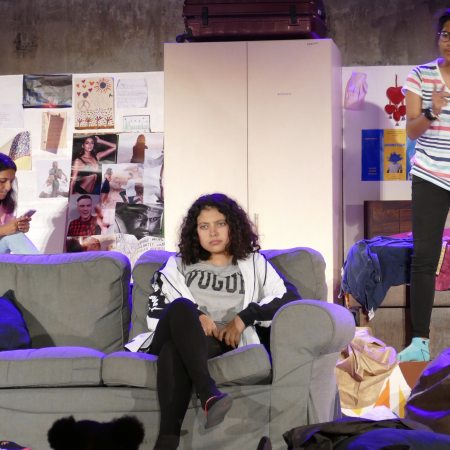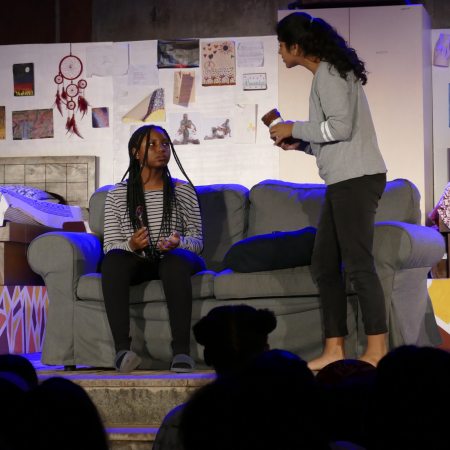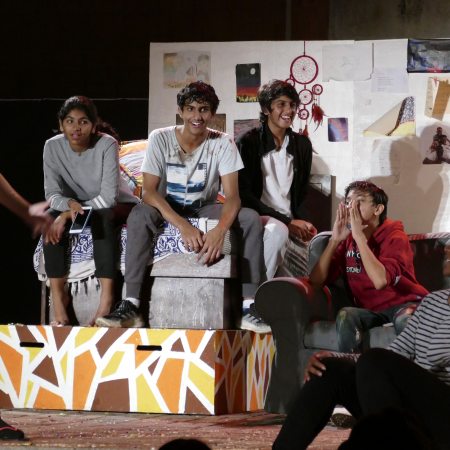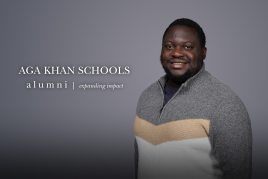Open Session
23 Oct at the Aga Khan Academy Maputo.
Coming soon!
Early Years - Open House in March at the AKA Maputo.
Student Exchange 2019 Gallery: Hyderabad students in Mombasa
Student Exchange 2019 Gallery: Hyderabad students in Mombasa
From September to November 2019, 35 students from the Aga Khan Academies in Hyderabad and Mombasa will be taking place in the Student Exchange Programme.
Through their weekly student blogs and photo galleries, follow these students' journey of discovery and see them experience a new culture, make new friends and gain a deeper insight into themselves and the world they live in – as they spend three months at a whole new campus!
Student Exchange 2019 Gallery: Mombasa students in Hyderabad
Student Exchange 2019 Gallery: Mombasa students in Hyderabad
From September to November 2019, 35 students from the Aga Khan Academies in Hyderabad and Mombasa will be taking place in the Student Exchange Programme.
Through their weekly student blogs and photo galleries, follow these students' journey of discovery and see them experience a new culture, make new friends and gain a deeper insight into themselves and the world they live in – as they spend three months at a whole new campus!
“Creating leaders”: Impact of an Aga Khan Schools education
During his time at the Aga Khan Academy Mombasa, Ham Serunjogi (Class of 2012) – CEO and co-founder of African fintech giant Chipper Cash – realised the importance of staying connected to something larger than himself and giving back to the world. This fuelled his remarkable success, and recently, the Forbes 30 Under 30 honouree was selected to serve as an advisor to the US President on African diaspora engagement.
“A big part of it was that I was in the residential programme,” Ham says. “My roommates and my house parents were a central part of my experience; they practically became family to me.”Originally from Uganda, Ham became a part of the Academy’s residential programme, where students in Grades 6-12 from around the world live on campus and participate in different activities and leadership opportunities.
“The group of friends I had on the floor we lived on,” he continues, “I value those friendships deeply.”
Ham credits his dorm parent, Mr Bardai, as a large part of his amazing experience at the Academy.
“Mr Bardai was absolutely the best and looked out for me,” he said. “We remain close to this day.”
Along with his residential parents, Ham fondly recalls teachers such as Mr Kassam, who incorporated meals in his English lessons as they were described in books the students read in class, which encouraged the kids to bring in their own dishes for a potluck.
“We had a really fun time in class with Mr Kassam.”
Ham also recollects his role as President of the Academy’s Student Representative Council, which allowed him to lead the secondary school students and work closely with his peers and teachers.
“The Academies as a whole aim to instil in their education the notion of creating people who are leaders that can come back and help develop their local communities,” he explains. “The idea of being a net positive contributor to society – that was something I learnt strongly.”
“The more I think back on the ways the Academy made sure we were connected to the community, with the events we did outside of the Academy with other community members, that was a key reminder to not stay in an isolated group of privileged people or with people that aren’t connected to something larger than ourselves,” he explains.
“That really resonated with my time over there.”
From Kampala to Mombasa to Iowa
After completing the International Baccalaureate (IB) Diploma Programme at the Academy, Ham’s journey leaped to another continent when he moved to Iowa in the US to study economics at the prestigious Grinnell College.
He was ready for the adventure, thanking his move to the Academy in Mombasa from his hometown in Kampala, Uganda as an insight into what it is like to move away.
“[My time at the Academy] was the first time in my life I lived away from home,” he says. “It was like a nice trial period before moving further away.”
“I was excited to move to Grinnell, to Iowa, for all the big and small things like seeing snow for the first time,” he reflects. “Just being around a new environment, new culture and a new group of people was very exciting.”
The creation of Chipper Cash
Following his graduation from Grinnell and a two-year stint at Meta (formerly Facebook) came a pivotal stage in Ham’s life. In 2018, he and his co-founder Maijid Moujaled established Chipper Cash, a financial technology, or fintech, company offering several products and services to people in Africa, such as local and cross-border payments, cards, stocks, airtime and data, and bill pay.
“I wanted to make an impact on my local community with what I know best,” Ham says. “I wanted to create a solution that might solve a problem for people in Uganda.”
The CEO met his co-founder at Grinnell, who wanted to create a similar solution for the people of Ghana, where he was originally from.
“It was easy to align our thinking because we wanted to start the company to check some boxes – what needs to be done and where?”
Chipper Cash now has over five million customers operating in countries including Nigeria, Rwanda, Ghana, Uganda and the US. It has been featured in several global financial publications as well as news channels including BBC, CNN, Quartz, Apple and Forbes, in which Ham was named as one of the honourees of the Forbes 30 Under 30 Finance List of 2023.
Serving on the US President’s advisory council
In September 2023, Ham was appointed to serve on the Inaugural President’s Advisory Council on African Diaspora Engagement in the United States. The Advisory Council is tasked to advise the US President on a range of issues, including how to strengthen relations between Africa and the US, promote trade and investment, and build educational exchanges.
“I definitely pinch myself every night just to make sure I’m not dreaming,” he laughs. “If you’d ask me at any point in my life if I would ever be an advisor to the US President, there’s no way I’d have thought that’s possible.”
Ham highlights what he is most excited about for his role as an advisor.
“One, it’s an incredible group of people to be a part of,” he says. “And two, in today’s world, Africa is the fastest growing continent and they’re strong partners with the US. We will help advise the President to form policy and help drive US-African relations and investment further.”
“Policy is going to affect billions of people, and if we do our job well, we’ll make a positive impact on the world. If that’s all I ever do in my life, I’ll be very happy with myself.”
Giving back to the Academy
Ham feels fortunate to be in a position where he can give back to the place that started it all. The alumnus consistently provides the Academy in Mombasa with support by coming back to address graduates, creating videos and content to promote the Academy, or even donating to support current and future students.
“It’s a special place to me,” Ham describes. “I was fortunate enough to give the 2021 graduation commencement address, and the theme of my remarks was the realisation of the opportunities I’ve been lucky to receive, and the best way to repay them is to help repair the world.”
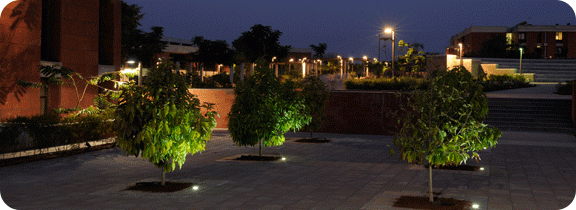
Calendar
Click the link below to download a copy of the academic calendar for 2023-24.
Academic Calendar 2023-2024.pdf
DATE |
Events |
1 August 2023-15 December 2023 |
TERM I |
8 January 2024-31 May 2024 |
TERM II |
School Holidays |
|
| 14 October-29 October 2023 | October Break |
| 16 December 2023-7 January 2024 | Winter Break |
| 1 March 2024-12 March 2024 | March Break |
|
|
|
18 May 2024 |
Graduation |
National/Festival Holidays |
|
| 15 August 2023 | Independence Day |
| 2 October 2023 | Gandhi Jayanthi |
| 12 and 13 November 2023 | Diwali |
| 26 January 2024 | Republic Day |
Residential students' return at the start of the term: |
|
30 July 2023 |
New students |
31 July 2023 |
Existing students |
Residential students' departure at the end of the academic year: |
|
18 May 2024 |
DP2 students are expected to leave the Academy |
31 May 2024 |
Grade 6-11 students are expected to leave the Academy |
